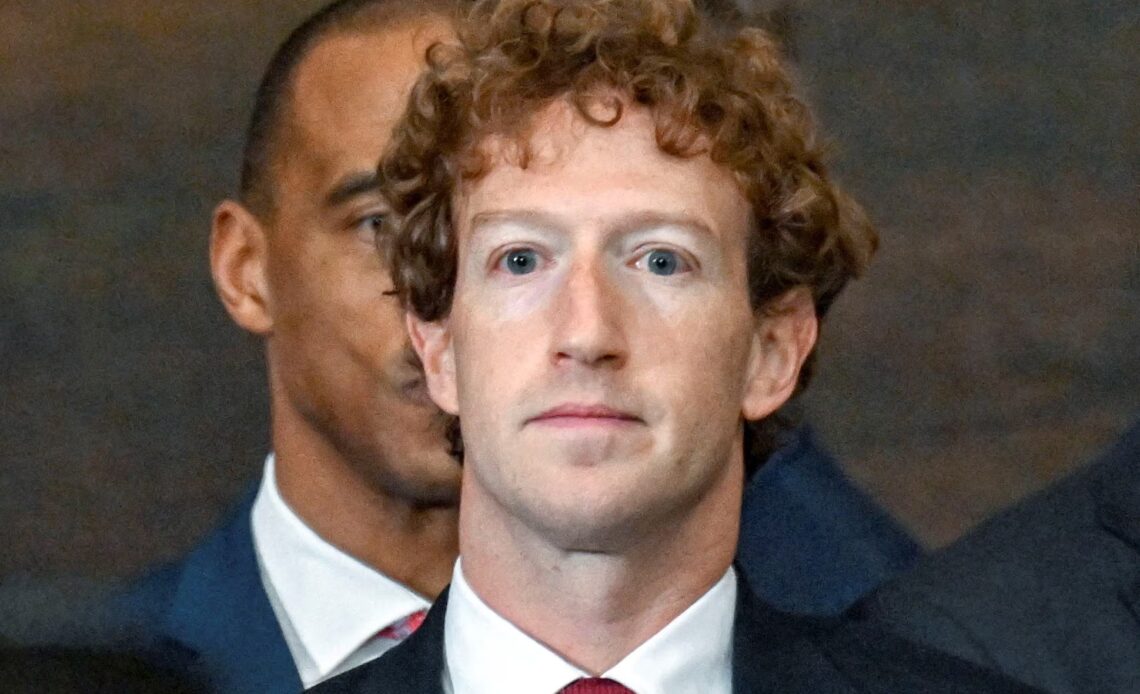Mark Zuckerberg, the co-founder and CEO of Facebook (now Meta), has always been an enigmatic figure in the tech world. Known for his reserved personality and relentless drive, Zuckerberg’s journey from a college dorm room to creating one of the largest social media platforms in the world has been widely covered in various media, including the 2010 film _The Social Network_. However, Zuckerberg has never been shy about his disapproval of the film, citing the inaccuracies that he believes misrepresent the true story behind Facebook’s creation. In this article, we will dive into the real story behind Facebook’s origin, uncover the facts, and explore Zuckerberg’s criticisms of the film.
### The Rise of Facebook: A Brief Overview
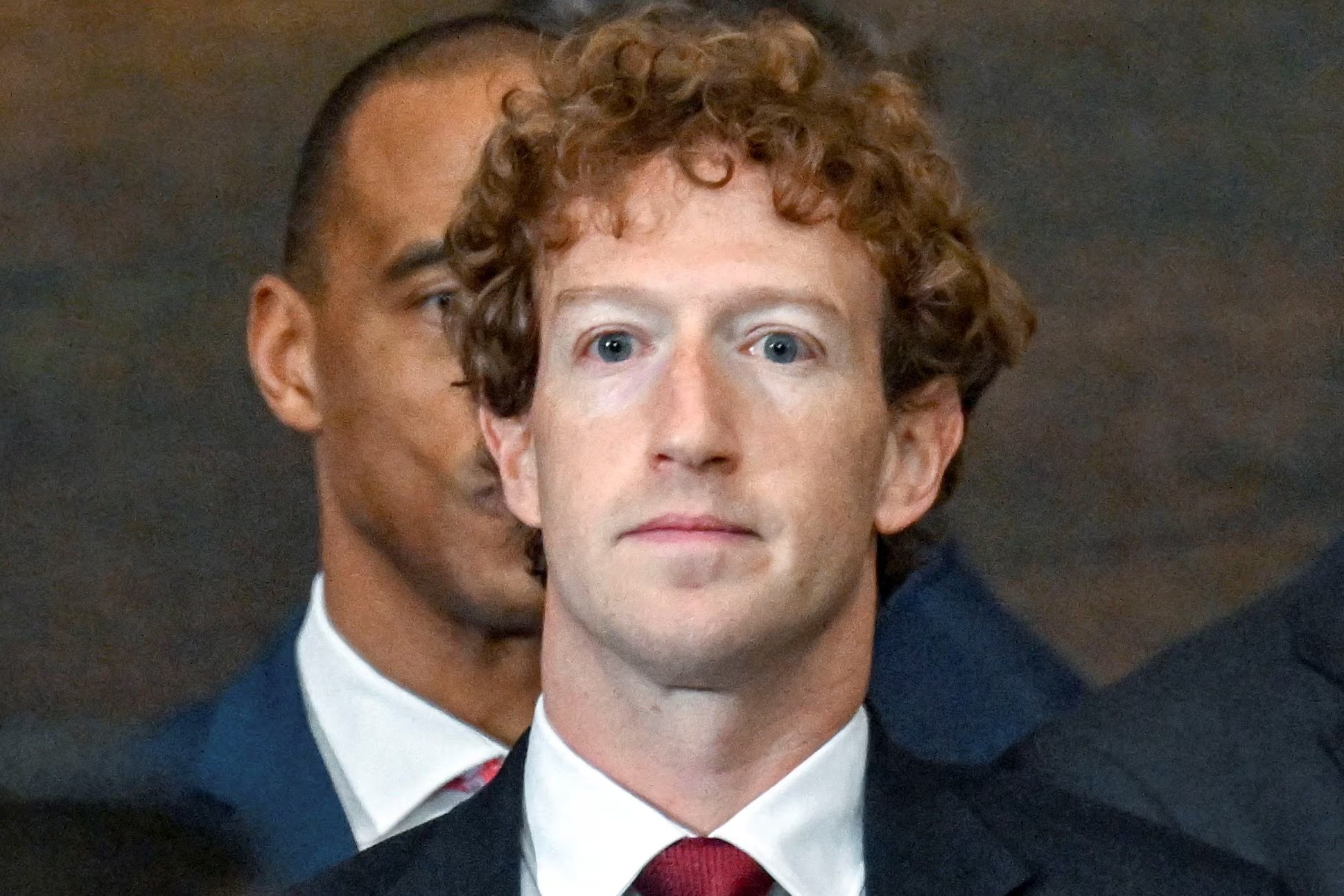
Before we explore the inaccuracies in _The Social Network_, it’s essential to understand the real timeline of Facebook’s creation. Facebook, originally called “Facemash,” was conceived in 2003 by Mark Zuckerberg while he was a sophomore at Harvard University. The initial idea came from a website called “Facemash,” which allowed students to compare the attractiveness of their peers by placing two pictures side by side. While the site was quickly shut down by Harvard for violating privacy policies, it laid the groundwork for Zuckerberg’s next big project.
In 2004, Zuckerberg launched “TheFacebook” alongside his roommates Eduardo Saverin, Andrew McCollum, Dustin Moskovitz, and Chris Hughes. The platform was initially exclusive to Harvard students but quickly expanded to other Ivy League schools and then to universities across the United States. Facebook, as we know it today, began to take shape and quickly gained a massive following.
### The Social Network: A Hollywood Interpretation of Events
_The Social Network_, directed by David Fincher and written by Aaron Sorkin, was released in 2010 and received critical acclaim. The film dramatizes the creation of Facebook, portraying Zuckerberg as a socially awkward, somewhat vengeful character embroiled in legal battles and personal conflicts with his co-founders. It portrays key events like Zuckerberg’s falling out with Eduardo Saverin and his legal disputes with the Winklevoss twins, who claimed that Zuckerberg stole their idea for Facebook.
However, while the film captures the drama of Zuckerberg’s journey, it takes significant creative liberties, and many aspects of the movie are far removed from the truth.
### Zuckerberg’s Criticisms of _The Social Network_
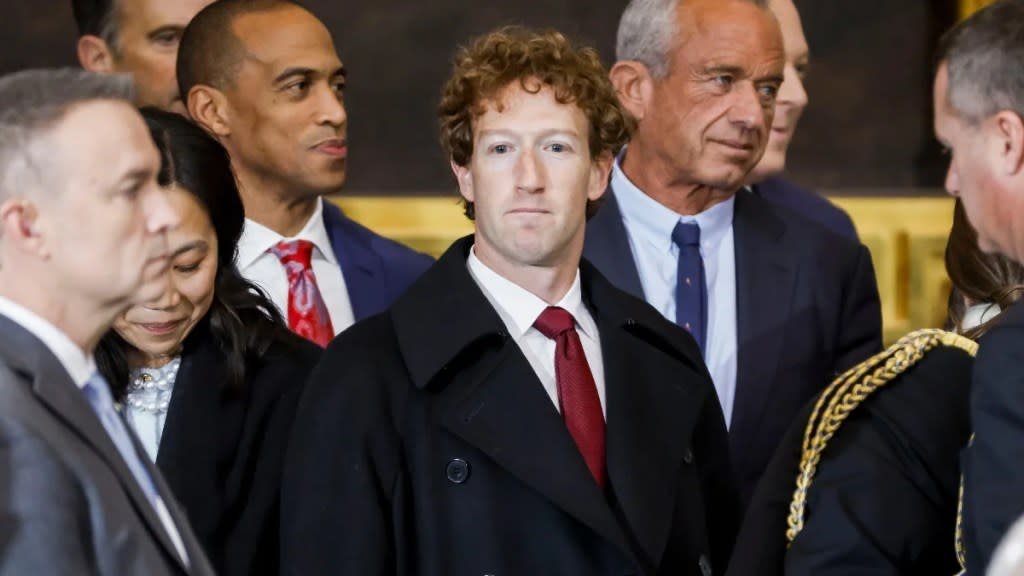
Mark Zuckerberg has been vocal about his dissatisfaction with the film’s portrayal of events, especially the personal and professional conflicts that were dramatized for cinematic effect. According to Zuckerberg, the film distorts key moments of his life and the history of Facebook’s creation. Here are some of the main criticisms that Zuckerberg has leveled against _The Social Network_:
1. **The Portrayal of Zuckerberg’s Character**
One of Zuckerberg’s primary complaints about the film is how his character is portrayed. In _The Social Network_, Zuckerberg is depicted as a cynical, arrogant individual who is obsessed with building Facebook at the expense of his friendships. The film suggests that Zuckerberg’s drive for success was fueled by personal grudges and a desire to prove his worth to others.
Zuckerberg, however, has consistently maintained that this version of him is inaccurate. He has stated that the movie’s portrayal of him as a socially awkward and malicious figure is far from the truth. In reality, Zuckerberg has always emphasized his focus on creating a platform that would connect people, rather than being driven by personal vendettas.
1. **The Relationship with Eduardo Saverin**
Another key element of the film that Zuckerberg disputes is the depiction of his relationship with Eduardo Saverin, Facebook’s co-founder and former CFO. In _The Social Network_, Saverin is shown as being betrayed by Zuckerberg, who allegedly freezes him out of the company and dilutes his shares to the point of near-worthlessness.
Zuckerberg has publicly acknowledged that his relationship with Saverin did become strained, but he insists that the portrayal of their falling out is overly dramatized. The legal dispute between the two was settled out of court, and while Saverin was indeed pushed out of the company, Zuckerberg claims that the decision was based on business considerations, not personal animosity.
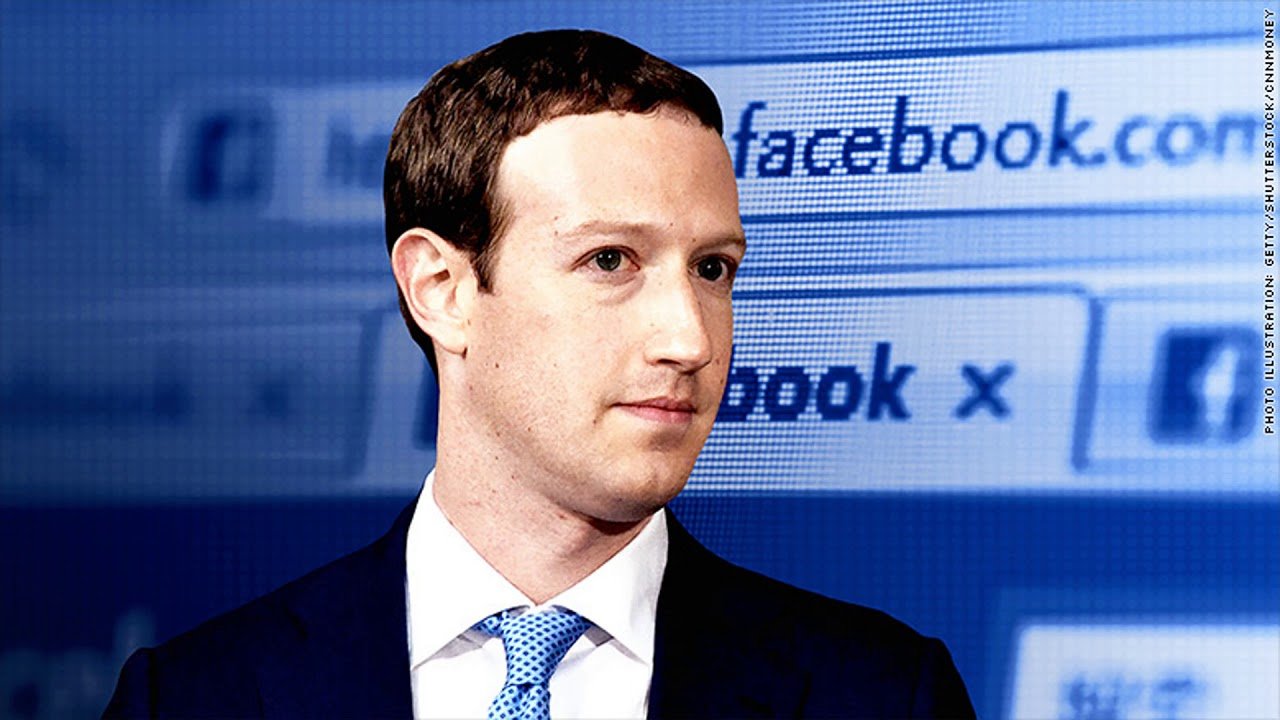
1. **The Winklevoss Twins and the Idea for Facebook**
Perhaps the most significant controversy surrounding the film is the portrayal of the Winklevoss twins—Tyler and Cameron—and their legal claim that Zuckerberg stole their idea for Facebook. In _The Social Network_, the Winklevoss twins are depicted as having come up with the idea for Facebook and accusing Zuckerberg of stealing it after he promised to help them develop their social networking site, “HarvardConnection.”
Zuckerberg has repeatedly denied these allegations, stating that the idea for Facebook was entirely his own. While it is true that the Winklevoss twins did file a lawsuit against Zuckerberg, the case was settled, and Zuckerberg has maintained that their claims were unfounded. He has emphasized that the development of Facebook was a unique, original concept, and the success of the platform was driven by his vision and execution.
1. **The Film’s Impact on Public Perception**
Zuckerberg’s criticism of _The Social Network_ extends beyond the inaccuracies it portrays about his personal life. The film, while popular and critically acclaimed, has also played a role in shaping the public’s perception of Zuckerberg and Facebook. Zuckerberg believes that the movie contributed to the negative image of him as a ruthless, calculating entrepreneur. In reality, he argues, Facebook’s success was the result of a team effort and a shared vision, not the work of a single individual who sought to undermine his friends and colleagues.
### The Truth Behind Facebook’s Creation
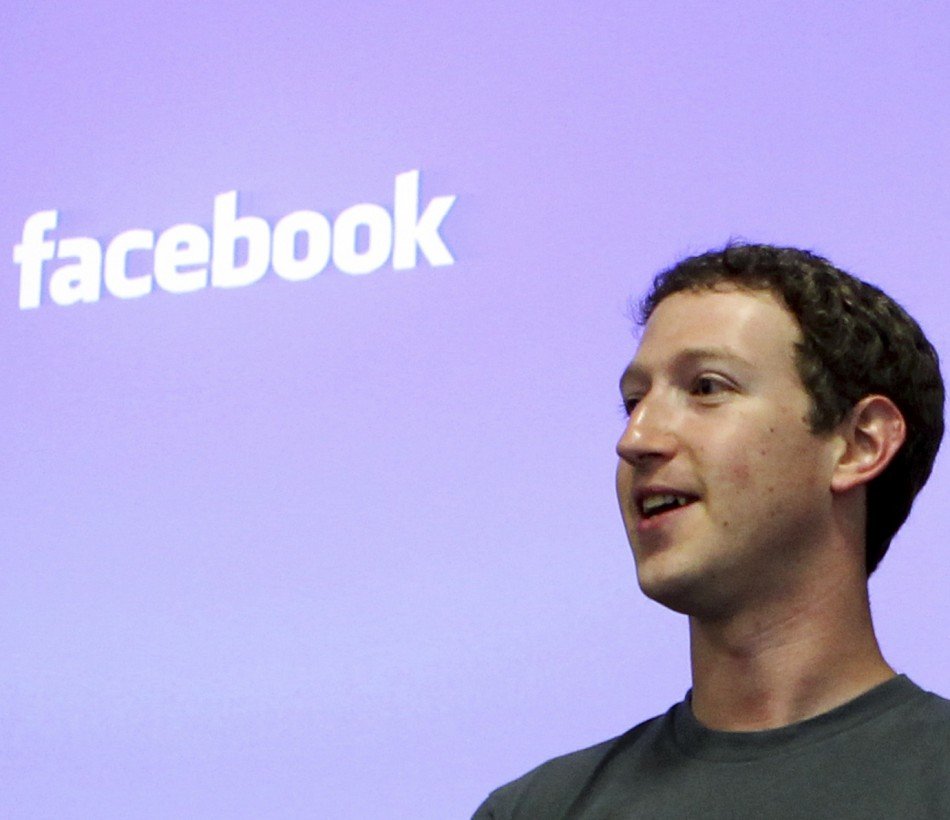
To truly understand the story behind Facebook’s creation, it’s important to look at the real timeline and the collaborative nature of its development.
1. **The Role of Eduardo Saverin**
While _The Social Network_ paints Eduardo Saverin as a victim of betrayal, the truth is more nuanced. Saverin was indeed one of Facebook’s original co-founders, and he played a significant role in financing the platform in its early days. However, as Facebook grew, Saverin’s involvement in the company became more limited. According to court documents and interviews, Saverin was eventually pushed out of the company due to disagreements about the direction of the business, including his reluctance to relocate to Silicon Valley and his lack of involvement in the day-to-day operations.
1. **The Collaboration with the Winklevoss Twins**
The Winklevoss twins were indeed involved in the development of a social networking platform, but their project, HarvardConnection, was not as advanced or innovative as Facebook. While they did claim that Zuckerberg stole their idea, the legal settlement made it clear that Zuckerberg’s work on Facebook was separate from their project. In fact, Facebook’s rapid success was due to its ability to scale beyond the Harvard campus and offer a more universal social networking platform.
1. **Zuckerberg’s Vision for Facebook**
Mark Zuckerberg’s vision for Facebook has always been centered on creating a platform that connects people from around the world. Unlike other social networks that existed at the time, Zuckerberg wanted Facebook to be a place where real identities and connections could be formed. His focus was not on building wealth or gaining fame, but on creating something that would change the way people communicate and interact.
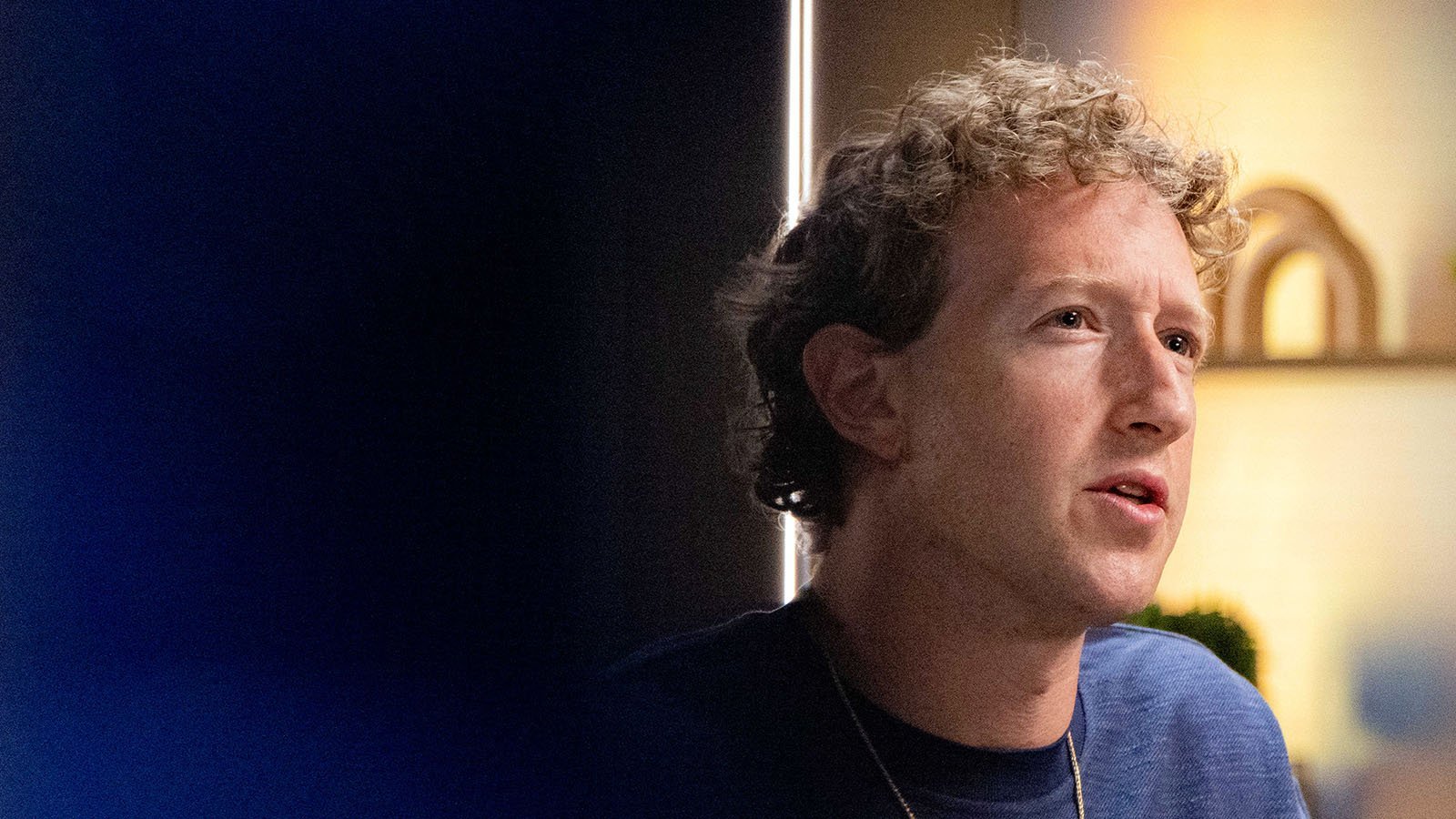
### Conclusion: The Real Story Behind Facebook’s Success
While _The Social Network_ remains an entertaining and dramatic retelling of the Facebook story, it is important to remember that the film is not a documentary. The real story behind Facebook’s creation is one of collaboration, innovation, and a relentless drive to change the world. Mark Zuckerberg’s vision, combined with the efforts of his co-founders and early team members, led to the creation of a platform that has transformed the way we communicate.
Zuckerberg’s criticisms of the film highlight the gap between Hollywood’s portrayal of events and the reality of how Facebook came to be. While the film captured the drama and intrigue of the Facebook story, it missed the deeper, more complex dynamics that led to the platform’s success. The true story of Facebook is one of vision, teamwork, and perseverance, and it is a reminder that not all stories are as simple as they may seem in the movies.
